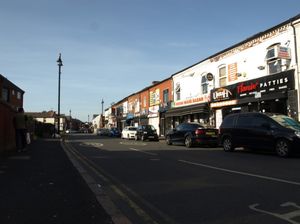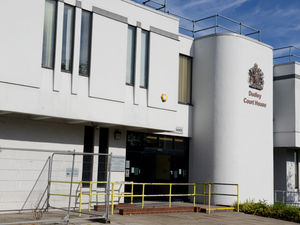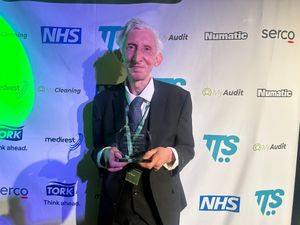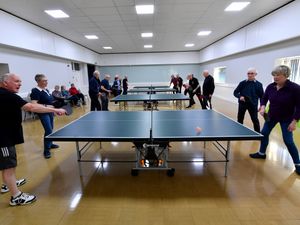Next ‘pavement widening’ location revealed
A council has revealed which road will be the next to see pavement widening measures to help social distancing.

Ladypool Road will be the next high street in Birmingham to see “pavement widening” measures to help social distancing, a senior transport officer has said.
Birmingham City Council has already replaced on-street parking with extra pedestrian areas in Kings Heath and Erdington high streets, and plans to expand the scheme to a number of other areas in the city.
Mel Jones, the council’s head of transport planning and network strategy spoke to councillors at a sustainability and transport overview and scrutiny committee yesterday.
She said similar measures would be brought in at Ladypool Road next week, and that the crowd barriers in place in Kings Heath and Erdington would be replaced with longer term solutions.
A total of 15 areas were identified in the city council’s emergency transport plan as sites were it hoped to bring in pavement widening by September.
Ms Jones said all urban centres in the city would be considered for similar schemes in due course.
Answering a question about public consultation, she said asking people whether they want it or not “may not always be feasible”.
Part of Ladypool Road was closed to traffic in one direction last year while bicycles are still permitted to use it in both directions.
Speaking about the barriers put in place to extend pavement areas in Kings Heath and Erdington, Ms Jones said: “That’s very much the cheap and cheerful version.
“Over time, over the coming months, the kind of scheme that we will be looking to bring forward will do it in a slightly more consolidated way.
“We will look to use other types of street furniture to provide that rather than having miles and miles of crowd barrier everywhere – which in the short term is fine.
“It’s functional and does the trick but if we looking for these schemes to have a bit more longevity, then we need to do it in a slightly different way.
“Something that looks better and has a semi-permanence to it, potentially.
“I think that will be the difference in what you see from the schemes we are bringing forward in the responsive phase vs the schemes we will start to bring in over the summer period moving towards September.
“The Erdington and Kings Heath schemes were front runners because we already had schemes in the programme which we could borrow the design elements from.
“We are bringing forward the scheme for Ladypool Road next week.
“Over time, all urban centres in the city will at least be assessed in terms of what their requirements would be.”
She said areas with more of a “local shopping centre status” such as Sutton Coldfield and Acock’s Green would receive a higher level of priority.
In response to a question from Councillor Timothy Huxtable on public consultations for the measures proposed in the emergency transport plan, Ms Jones said: “Given that a lot of schemes we will initially be bringing forward will be temporary in nature, there will be an experimental element to it.
“A lot of the time I think we will use experimental traffic regulation orders. The first six months of the order being in is the opportunity for people to feed in.
“Engaging with local communities and businesses on some of these schemes is absolutely critical but it’s also one of the more time-consuming elements.
“Doing that through groups where there are bids or where there are traders’ associations and doing that as quickly as we possibly can will be key.
“Because these measures are temporary, that gives us an opportunity to put it in and within reason consult as we go and make amendments.
“It’s not unreasonable to say that under the circumstances, these are matters of public safety.
“Particularly for some of the short term things around social distancing, if we have got a situation where there is a public safety issue where we need to widen a footway because pedestrians are putting themselves in danger – walking on the road in order to pass queues from shops – then we do need to act quite quickly on that.
“Asking people whether they want that or not, in those simplest terms, may not always be feasible.”





